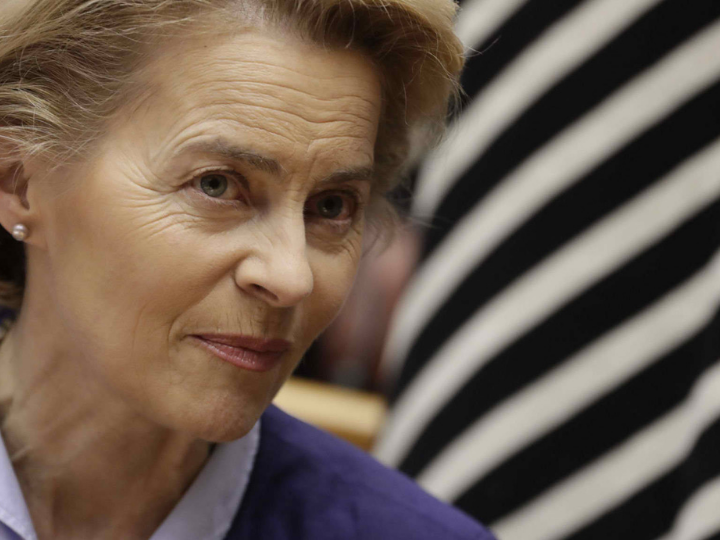by Alexandra Brzozowski
There is a lot the West can do to make Russia’s President Vladimir Putin ‘pay a price’ for his Ukrainian war. But these options are limited by the extent of the cost the West is ultimately willing to bear.
As military force is not an option, making Russia a global pariah is the next best thing.
Yes, the coordinated sanctions by Washington, Brussels, London and partners are unprecedented and painful. But sanctions have their limits.
Global economic interdependence means that the cost of the Russian invasion of Ukraine and the Western response to it are real and unavoidable and will be felt by those trying to heat an apartment in Berlin, feed a family in Athens or run a business in the Balkans.
Blocking exports of hi-tech materials and blacklisting oligarchs could work as the pressure in the long term. Ukraine, however, might not have the luxury of long-term perspectives.
Two measures that could really bite in the short term are targeting Russia’s energy exports and excluding all Russian banks from the SWIFT international payments system. Sanctions on banks without the two biggest Russian lenders are much less effective.
But here is where the past week’s unity ends, as EU leaders prepare for a heated debate at an informal summit in Paris this week, hopefully maintaining the pressure on Russia, if there is no appetite to go further.
Some EU officials have voiced dismay about member states watering down the carefully drafted EU sanctions package and not being ready to bear the cost of a potential financial crisis.
The other part of the “Russian package”, military aid, also has its limits.
NATO chief Jens Stoltenberg said early on that each individual member of the alliance should decide on the help they provide to the Ukrainian resistance.
In the other corner, Putin had warned ‘foreign outsiders’ that there would be “consequences you have never encountered in your history” in case of (perceived) interference.
A no-fly zone has been ruled out, despite continuing calls to put it in place, from Ukraine and beyond, because it would mean more than just air policing and monitoring airspace. If it were declared, and a Russian plane was to fly into it, it would have to be shot down, with all the consequences that would entail.
As Western military aid poured into Ukraine over the Polish and Romanian borders, Washington turned down a surprise Polish offer to transfer MiG-29 fighter jets to a US base in Germany to help replenish Ukraine’s air force.
The prospect of flying fighter jets from NATO territory into the war zone “raises serious concerns for the entire NATO alliance”, the Pentagon said.
So, what else is left? Political messages?
Fast-tracking Ukraine’s membership into the EU seems more of a symbolic option since candidate status is no guarantee of accession. Despite acknowledging such a move’s political weight and dramatic circumstances, there is also hesitation from many member states.
Supporting a government-in-exile then? Unlikely. Ukraine’s President Volodymyr Zelenskyy has manoeuvred himself – willingly or otherwise – into a position where he cannot abandon his post without risking a collapse of the entire Ukrainian resistance.
But then, of course, there is still the option of Ukraine miraculously withstanding the Russian onslaught.
Putin has already underestimated Ukraine’s will to fight, but that resistance might be waning, especially if support from the West drops off – or is perceived to be declining – in the next few weeks.
Vadym Denysenko, an adviser to Ukraine’s interior minister, has estimated that Ukraine must hold off Russia’s attack for the next seven to 10 days to deny Moscow the possibility to claim any sort of victory they could use in potential future negotiations.
“They need at least some victory before they are forced into the final negotiations,” Denysenko wrote on Facebook, citing the cities of Mariupol and the capital Kyiv as the most likely targets.
“Therefore, our task is to stand for the next 7-10 days.”
Will the Western sanctions have enough impact over the next week to force a change of Putin’s course?
*first published in: www.euractiv.com




 By: N. Peter Kramer
By: N. Peter Kramer

